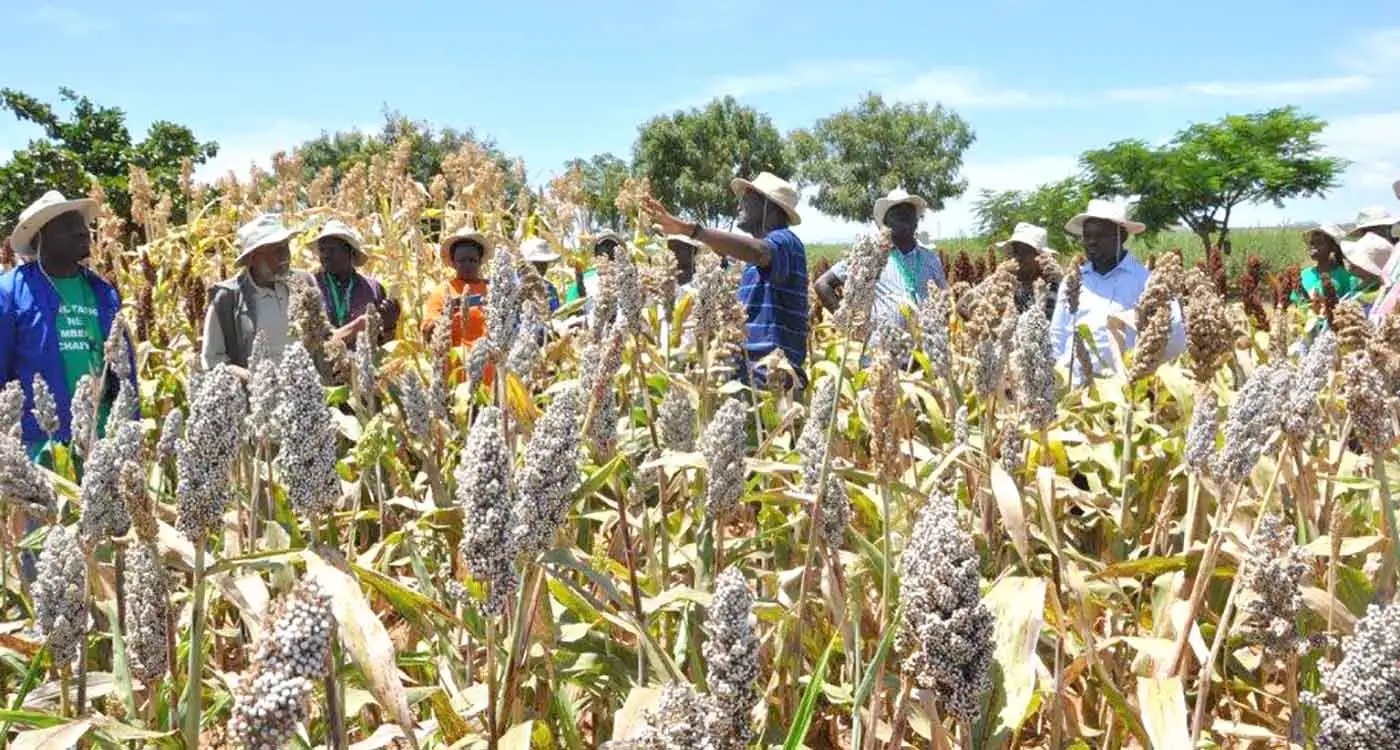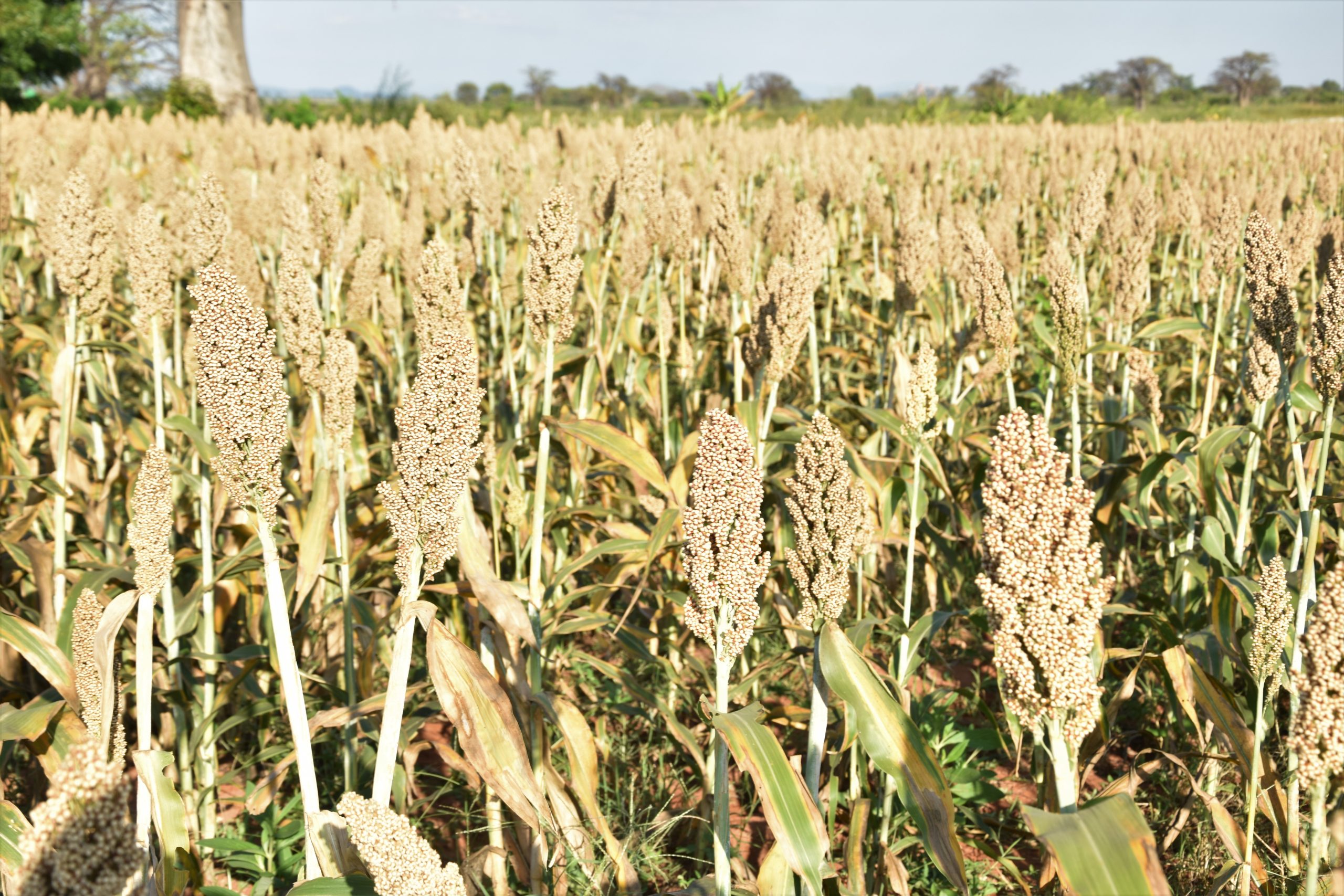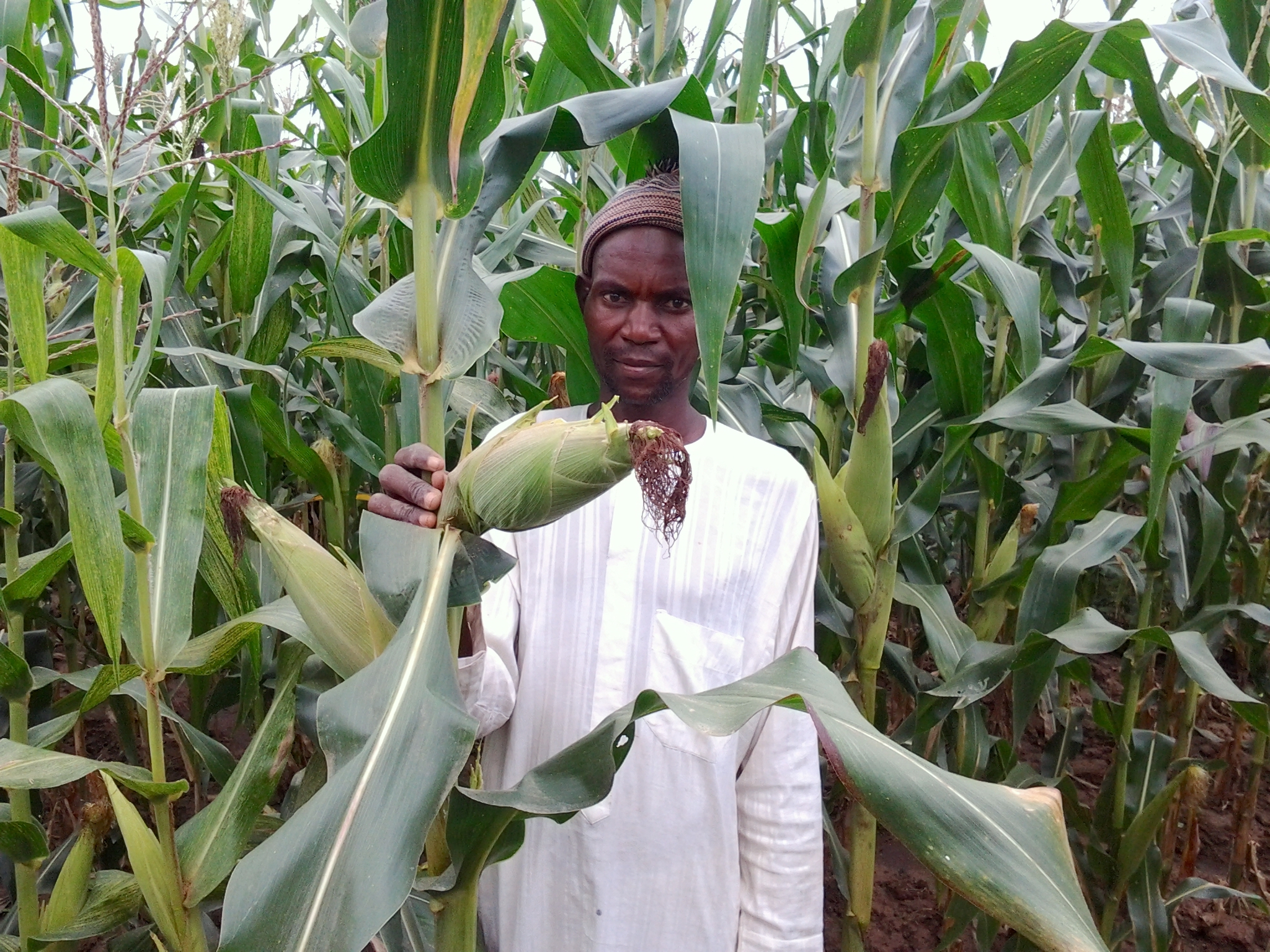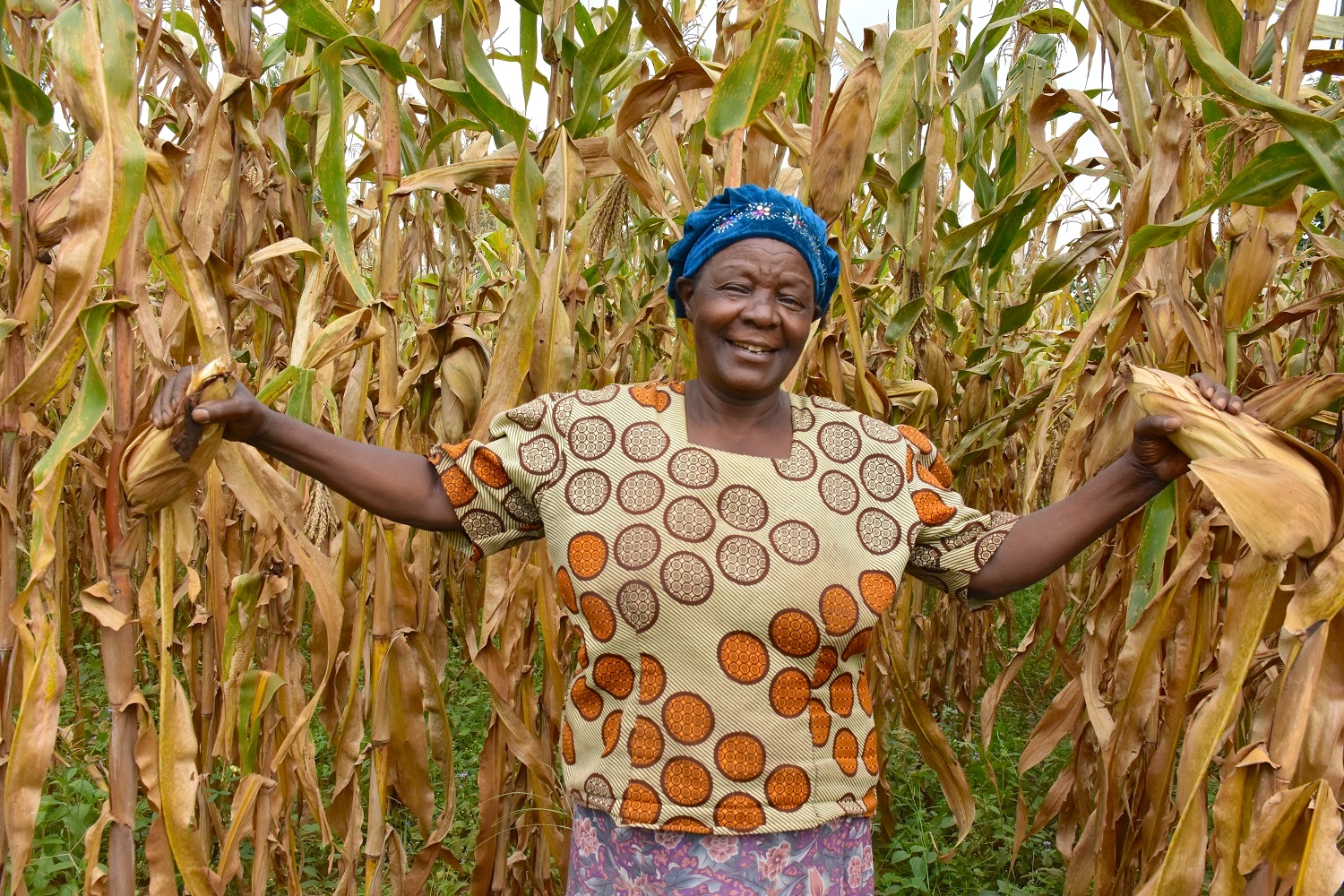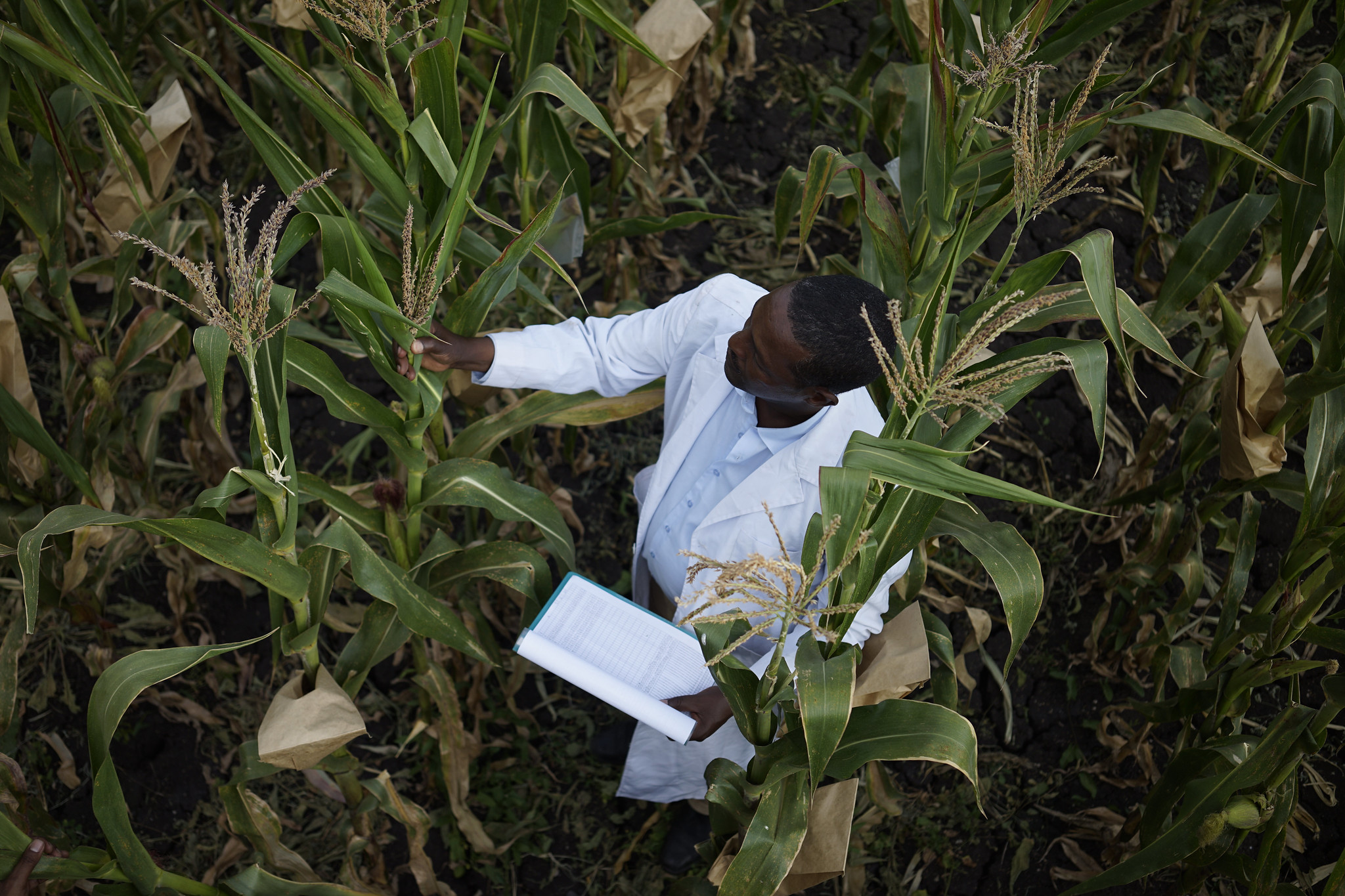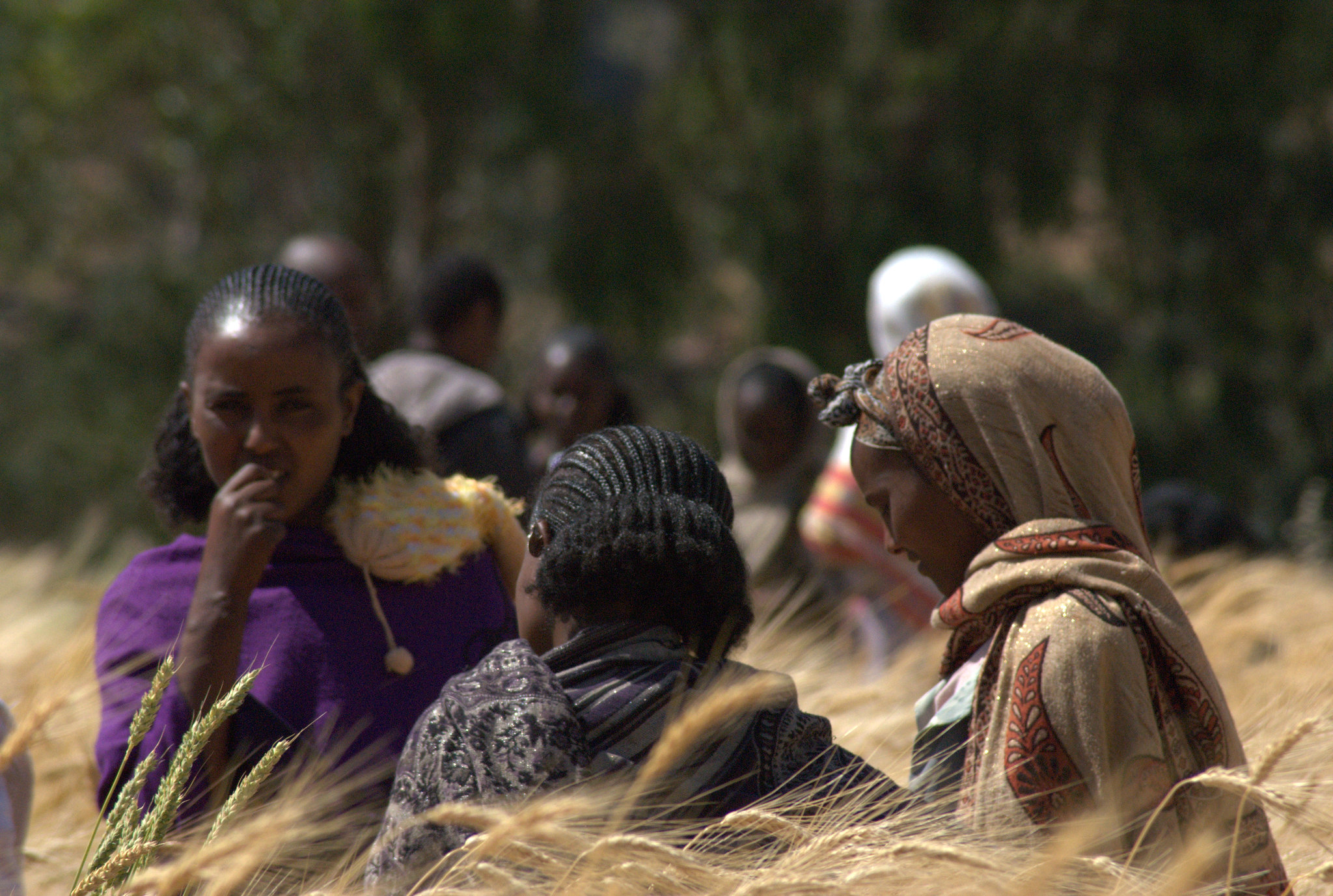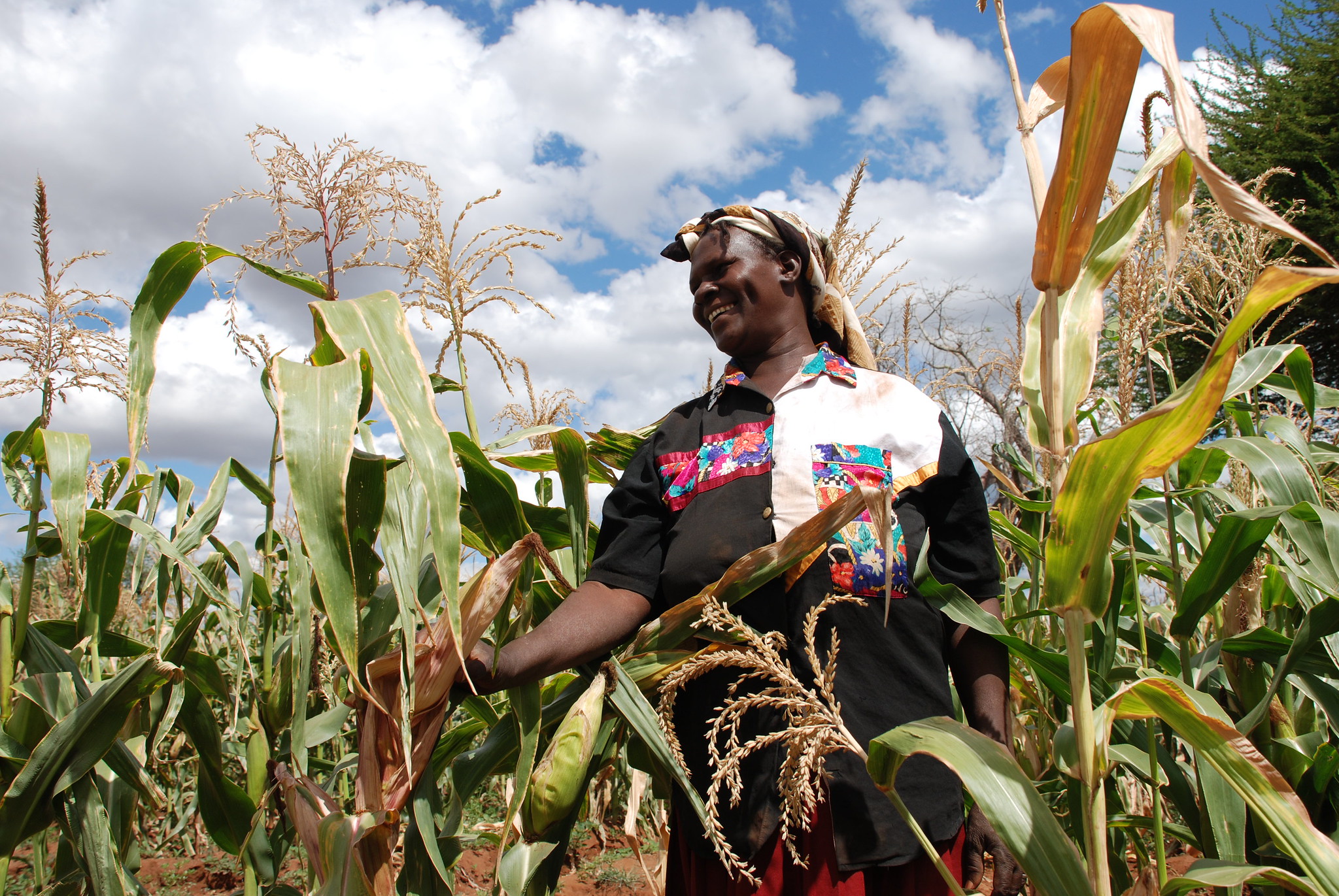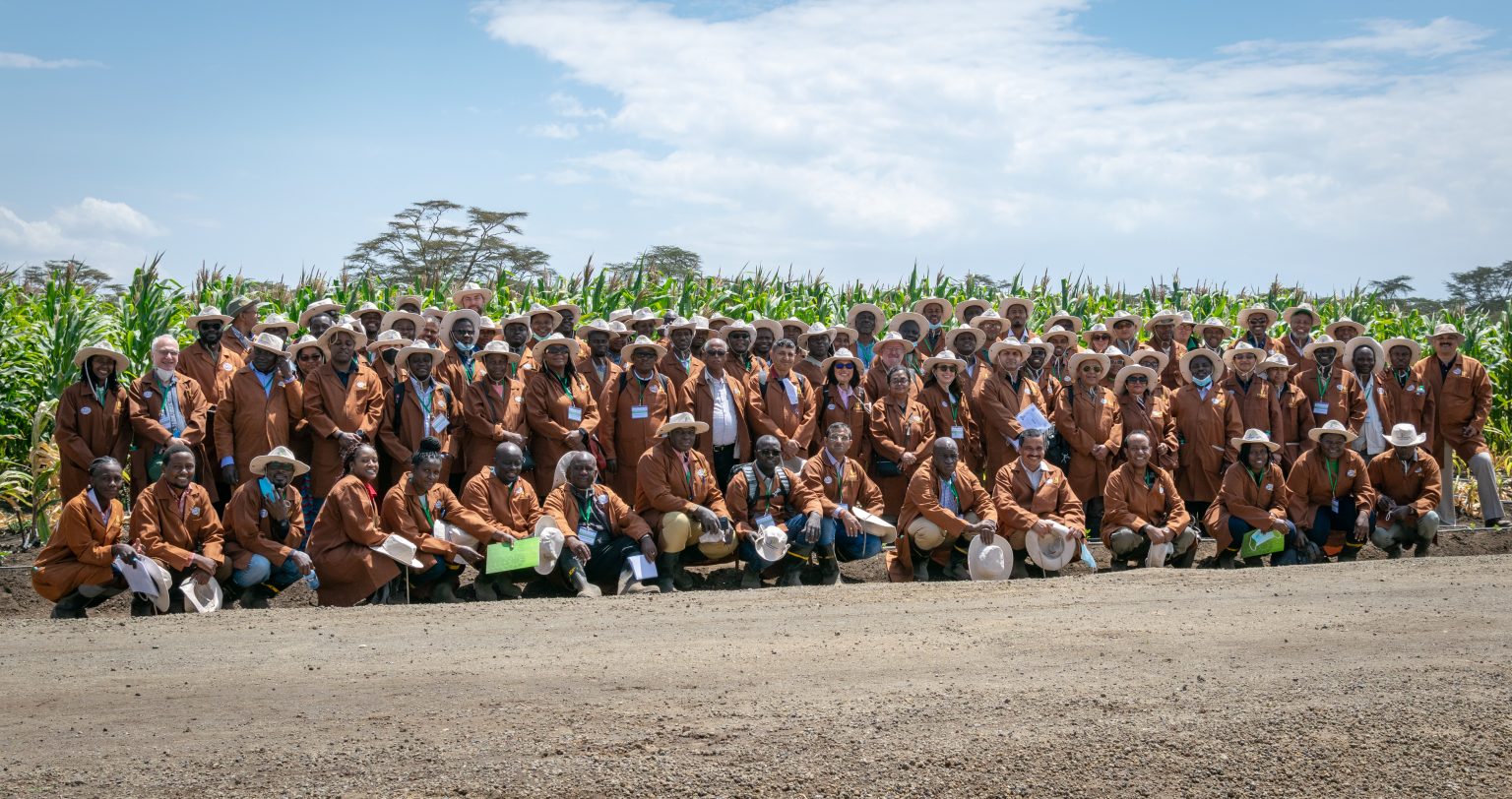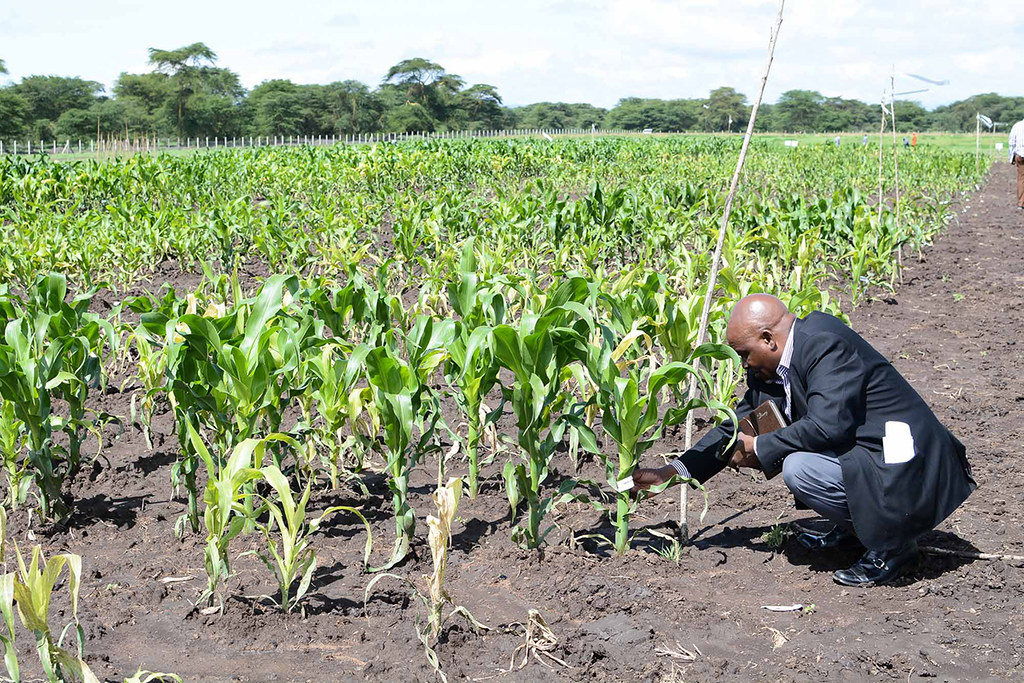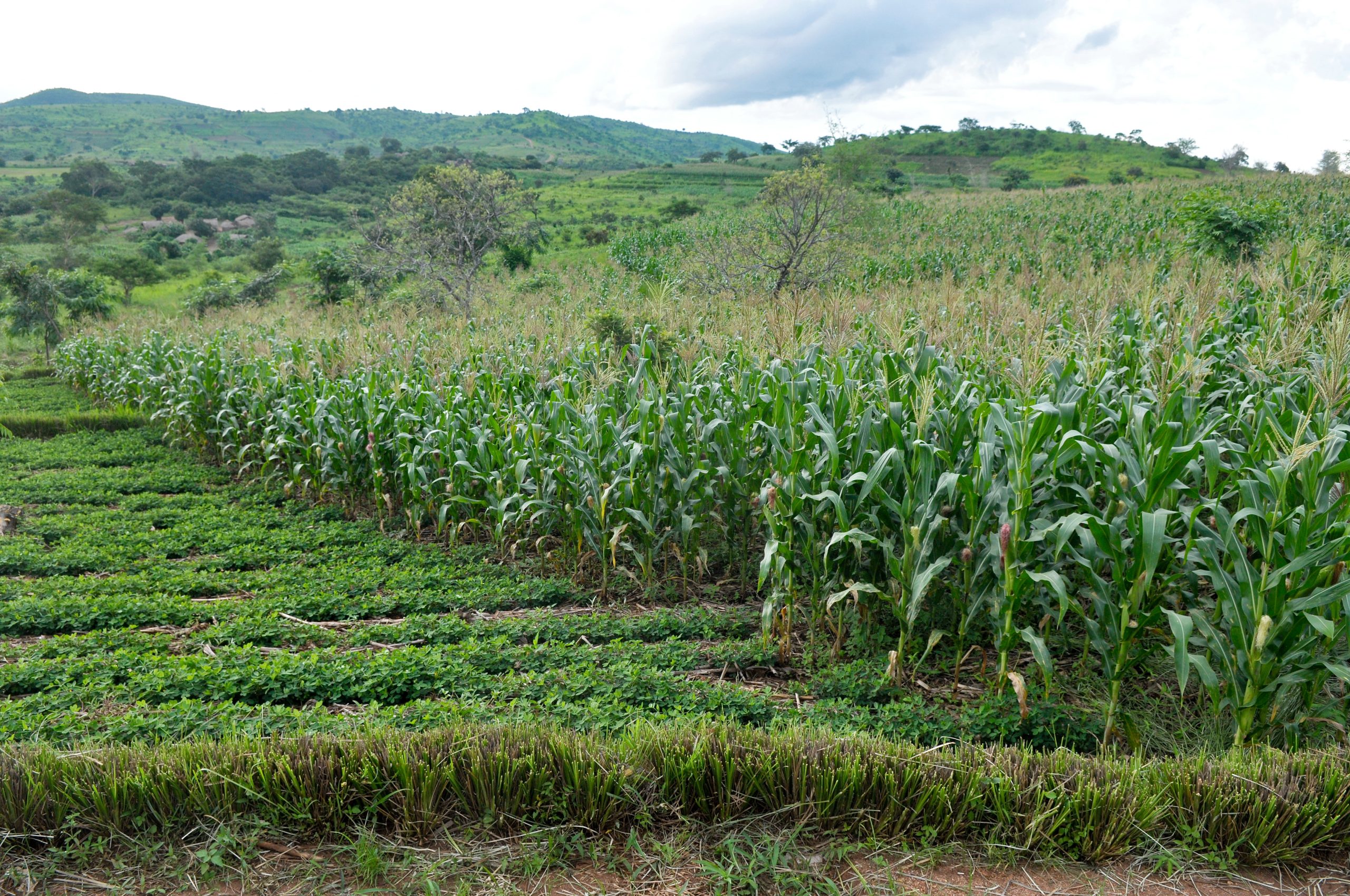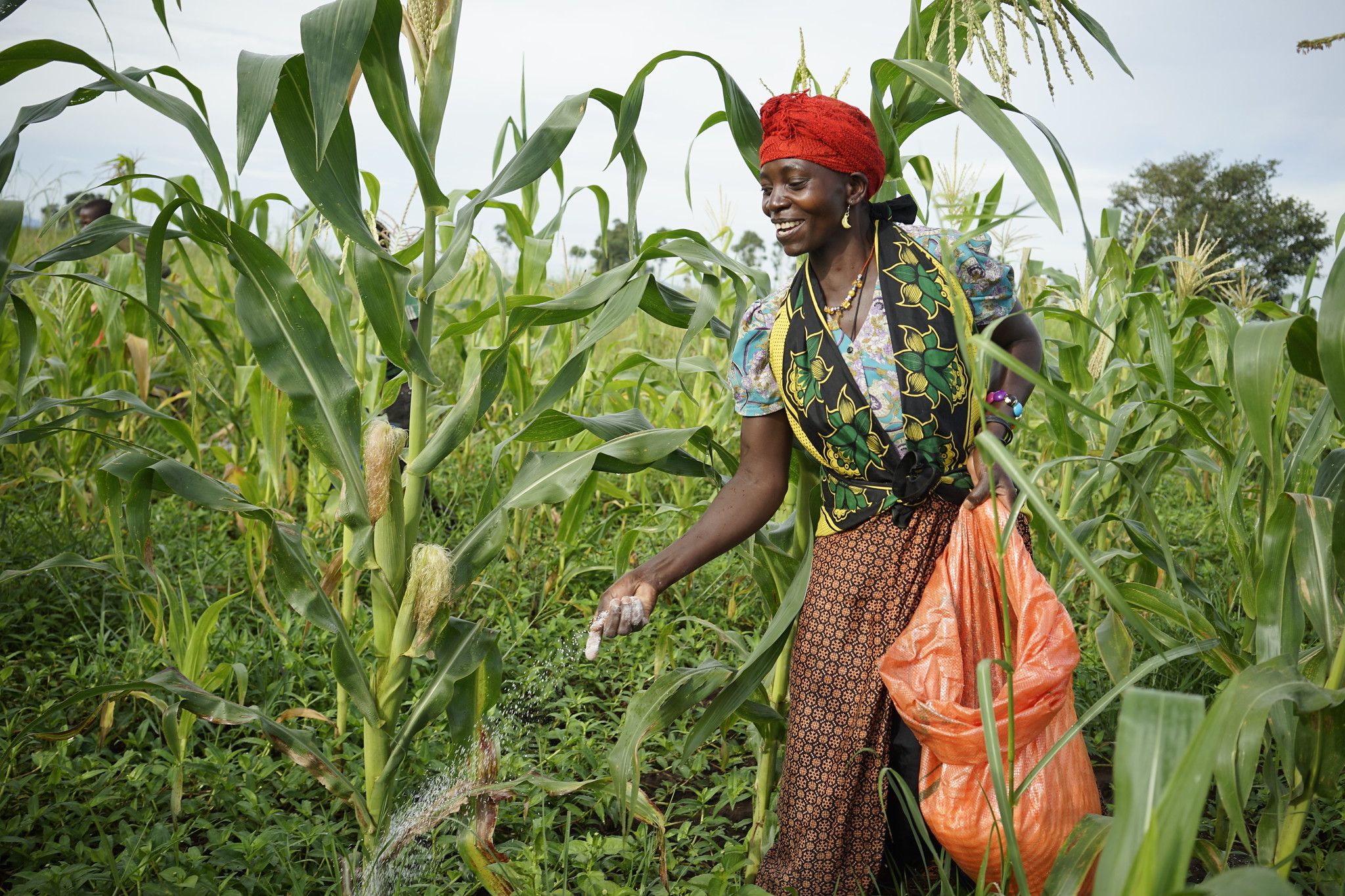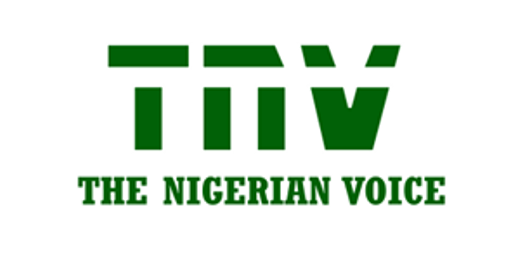Nigeria
CIMMYT to lead CGIAR varietal improvement and seed delivery project in Africa
 Innovations
Innovations
The AVISA project aims to improve the health and livelihoods of millions by increasing the productivity, profitability, resilience and marketability of nutritious grain, legumes and cereal crops.
FG authorizes deregulation of TELA maize in Nigeria
 Climate adaptation and mitigation
Climate adaptation and mitigation
Source: The Guardian Nigeria (10 Oct 2021)
Nigeria’s National Biosafety Management Agency (NBMA) has approved the commercialization of TELA Maize seeds—a drought-tolerant and insect-protected variety aimed at enhancing food security in sub-Saharan Africa.
Understanding decision support
 Environmental health and biodiversity
Environmental health and biodiversity
Researchers study the design, delivery and use of digital decision-support tools for smallholder maize farmers in northern Nigeria.
Q&A: A decade of improved and climate-smart maize through collaborative research and innovation
 Climate adaptation and mitigation
Climate adaptation and mitigation
A ten-year partnership led by CIMMYT and IITA tackles climate-induced risks in maize production, developing and deploying new climate-adaptive varieties benefiting over 8 million households in sub-Saharan Africa.
Collaborating to accelerate genetic gains in maize and wheat
 Innovations
Innovations
Tremendous impact is arising from the longstanding cooperation between CIMMYT’s maize and wheat programs and national programs in countries where CIMMYT works.
Reaching women with improved maize and wheat
 Climate adaptation and mitigation
Climate adaptation and mitigation
The new AGG project aims to respond to the climate emergency and gender nexus through gender-intentional product profiles for its improved seed varieties and gender-intentional seed delivery pathways.
New publications: Power, agency and benefits among women and men maize farmers
 Gender equality, youth and social inclusion
Gender equality, youth and social inclusion
Income-generating benefits of improved maize varieties hampered by patriarchal gender norms in rural Nigeria.
New project to ramp up genetic gains in maize for better livelihoods
 Nutrition, health and food security
Nutrition, health and food security
The new AGG project has a strong focus on more synergistic and supportive partnerships with national programs to help improve the effectiveness of their breeding efforts.
Study calls for better understanding of fertilizer prices faced by African smallholder farmers
 Innovations
Innovations
Scientists use spatial price prediction models to estimate local prices that might be more relevant than the national average.
Transforming African agriculture through mechanization
 Innovations
Innovations
Source: The Nigerian Voice (3 May 2019)
The FACASI project has benefited over a hundred young people from Ethiopia, Kenya, Tanzania and Zimbabwe.

